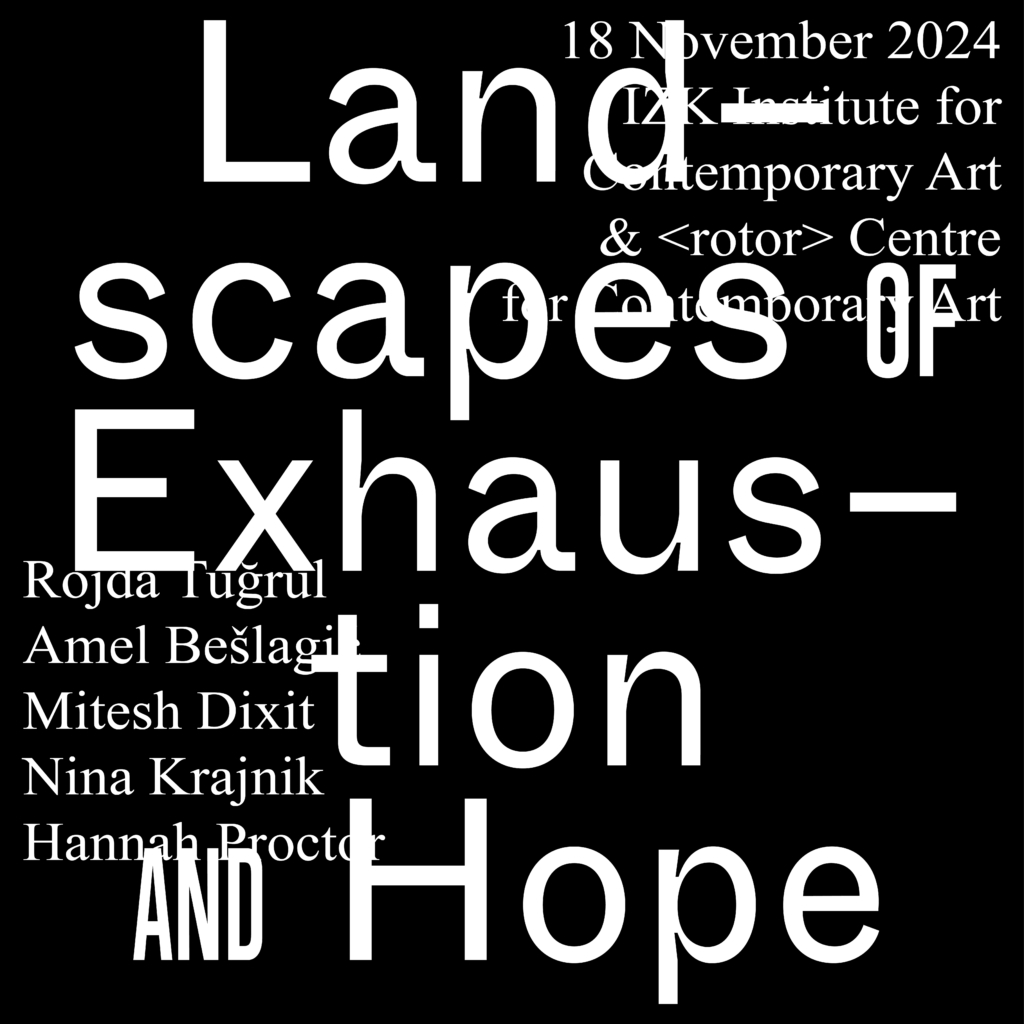
Public event with Rojda Tuğrul, Amel Bešlagić, Mitesh Dixit, Nina Kraijnik, Hannah Proctor, Philipp Sattler
18.11.2024, 18.00
<rotor> centre for contemporary art
Volksgartenstrasse 6a, 8020 Graz
Program
Introduction by Philipp Sattler
Rojda Tuğrul, introduction
Amel Bešlagić, performance lecture
Mitesh Dixit, lecture
Nina Kraijnik, lecture
Hannah Proctor, lecture
Followed by a panel discussion moderated by Philipp Sattler
It is this callousness that we must combat. For humanity is threatened by wars compared to which those past are like poor attempts and they will come, without any doubt, if the hands of those who prepare them in all openness are not broken.
— Bertolt Brecht, 1952, in Straub and Huillet, The Antigone of Sophocles after Hölderin’s translation adapted for the stage by Brecht 1948
To think about distant places, to colonize them, to populate or depopulate them: all of this occurs on, about, or because of land. The actual geographical possession of land is what empire in the final analysis is all about. At the moment when a coincidence occurs between real control and power, the idea of what a given place was (could be, might become), and an actual place—at that moment the struggle for empire is launched. This coincidence is the logic both for Westerners taking possession of land and, during decolonisation, for resisting natives reclaiming it.
— Edward Said, Culture and Imperialism, 1993
From climate collapse to permanent wars, life under capitalism devastates the planet. This event invites the participants to use the notion of exhaustion to discuss this current condition and by engaging landscapes, bodies, and people as sites of struggle for new languages and narratives – historical, potential, and actual – consider how to go beyond apocalyptic defeatism. Discussing tools and practices from which we might begin to build anew and continue to live within the ruins of trauma and loss, we ask, is there hope? Each speaker will address these questions with their current research in architecture, history, and psychoanalysis. This event takes place in the context of the exhibition, Sediment, at <rotor> centre for contemporary art.
Invited Speakers
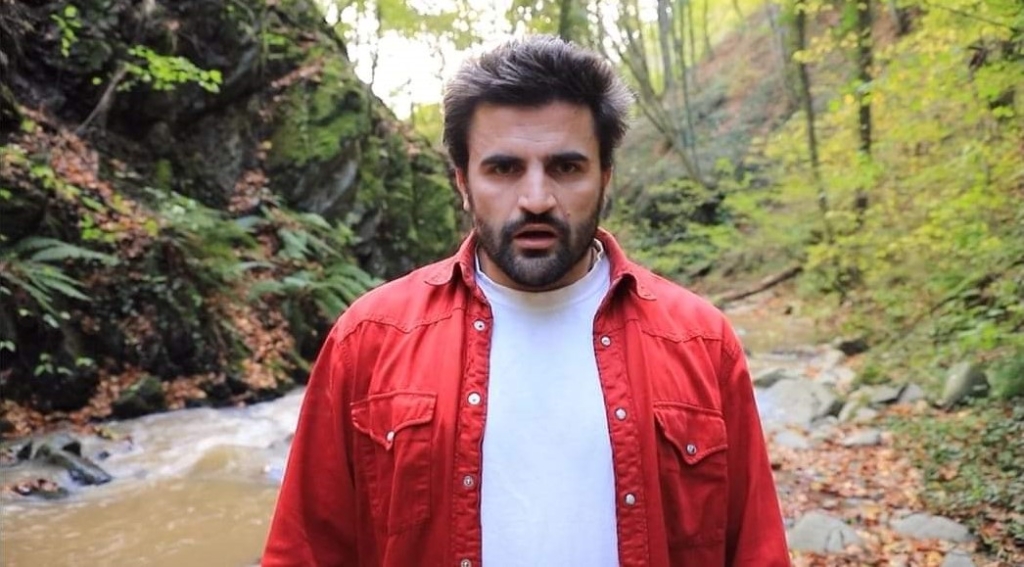
Amel Bešlagić was born in Prijedor (Bosnia and Herzegovina). After he graduated from the architecture program at Yildiz Technical University in Istanbul (Türkiye), he moved to Graz (Austria), to start his master’s in architecture at Graz University of Technology. Currently, he is working on his master’s thesis »Highway Prijedor – Banja Luka«, at the Institute for Contemporary Art where he works as a study assistant. Amel’s work at the institute overlaps with his interest in photography as a tool for research. He works obsessively on researching and documenting the socio-political environment of Prijedor using various forms of photography. Amel’s work has been exhibited in Sarajevo, Belgrade, Graz, and Berlin.
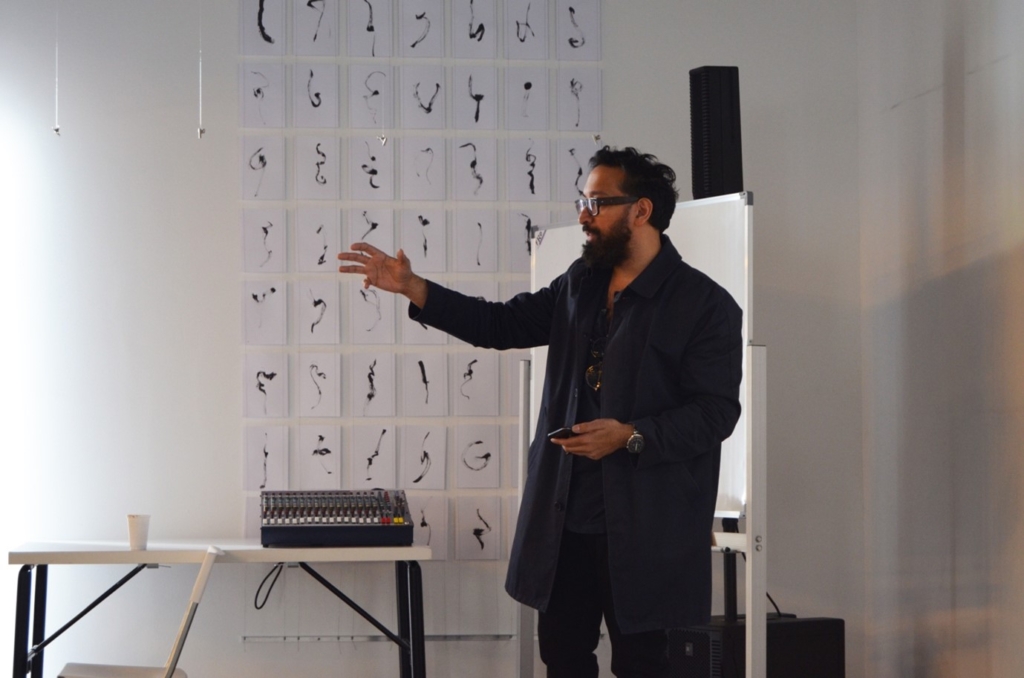
Mitesh Dixit is an architect, political geographer, and the founder of DOMAIN Office, an architecture and urbanism studio based in Turin, Italy, and Belgrade, Serbia. Dixit is a Visiting Professor at the Faculty of Architecture of the University of Belgrade, a Visiting Associate Professor at the Pratt School of Architecture, and a PhD candidate in the Department of Architecture and Design (DAD) at the Politecnico di Torino. Dixit has taught at the TU Delft in the Netherlands, The Maxwell School of Citizenship & Public Affairs and the School of Architecture at Syracuse University, the Faculty of Architecture in Skopje, N. Macedonia, The University of American College Skopje, and Columbia University’s Graduate School of Architecture, Planning, and Preservation. Dixit's work has been presented internationally, including at the Venice Architectural Biennale, Franc Centre Museum, The National University of Singapore, the Chicago Architectural Biennale, Delft University of Technology, Faculty of Architecture at University Ss. Cyril and Methodius in Skopje and the Bioskop Balkan in Belgrade have been published in numerous publications, including Domus, Contour, Metropolis, Prostor, TAD Journal, and Wallpaper. Before DOMAIN, Dixit was a Senior project leader with Rem Koolhaas’ Office for Metropolitan Architecture. While at OMA, Dixit led multiple international projects, such as the MahaNaKhon Tower in Bangkok, Holland Green in London, East Block 30 in Cairo, and the Kuala Lumpur Financial District in Malaysia.
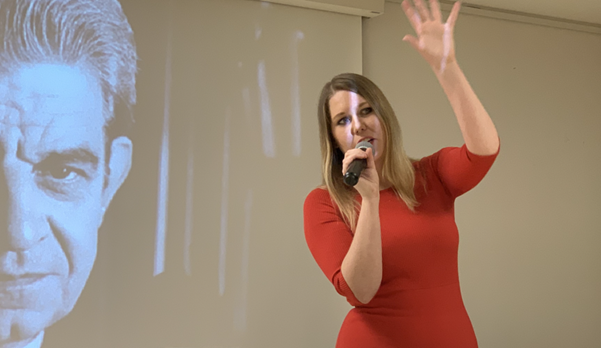
Nina Krajnik is a psychoanalyst in Ljubljana and Paris. She is the president and founder of SALP, editor-in-chief of the journal Object of desire, and the book series Juno. She is the head of a department of Lacanian psychoanalysis at the University of Sigmund Freud – Ljubljana (AK, Vienna) and the organiser of the psychoanalytic training programme Acheron. She is in charge of the Section for socio-political questions of SALP.
Krajnik studied at University Paris VIII – Vincennes-Saint Denis and received her analytical training within the framework of L’École de la Cause freudienne (ECF). Krajnik holds a PhD in Philosophy and a MA in cultural studies. In 2015, she was a researcher at the James Joyce Foundation in Zürich and a participant of Joyce’s School in Dublin and Trieste. Between 2011 and 2014 she carried out an academic research in Australia and New Zealand.
She is a volunteer in humanitarian causes in Europe and worldwide. She has worked on several missions of Service Civil International (SCI-Voluntariat), Seeds-Iceland, and BASIDA, raising awareness about environmental and peacekeeping issues and providing medical and psycho-social support to children, HIV-positives, drug addicted people, and people with disabilities.
A member of New Lacanian School (NLS), and World Association of Psychoanalysis (AMP), Krajnik also organises seminars of Champ Freudien, and acts as secretary of the international Lacanian political movement ZADIG (Zero abjection democratic international group) – Ljubljana.
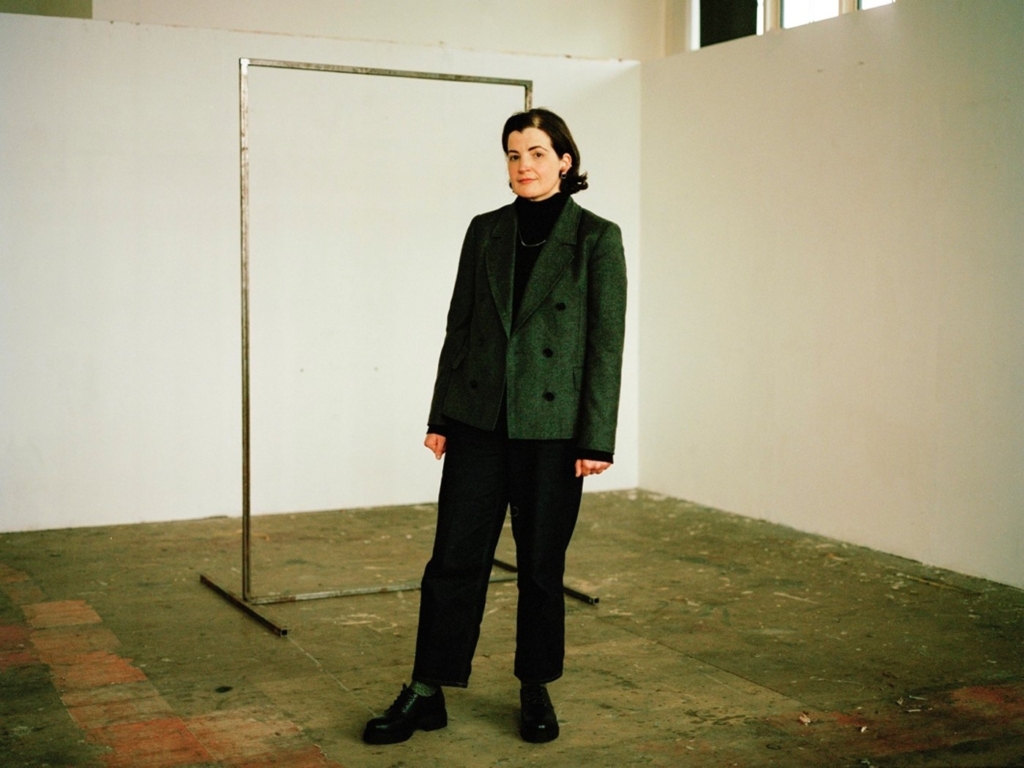
Hannah Proctor is a historian at the University of Strathclyde in Glasgow. She is the author of two books: Psychologies in Revolution: Alexander Luria's 'Romantic Science' and Soviet Social History (published as part of the Palgrave Macmillan series 'Mental Health in Historical Perspective' in 2020) and Burnout: The Emotional Experience of Political Defeat (Verso, 2024). She's written for both academic and non-academic publications on topics including rayon stockings, the death drive, utopian pedagogy, Communist motherhood, wrinkles, the aesthetics of MRI scans, Soviet babies, revolutionary commemoration, British antipsychiatry, Carl Jung's influence on Jordan Peterson, Fassbinder, depression, perfume, 'psychic numbing', psychoanalytic understandings of nuclear war, and Ulrike Meinhof’s brain. She's a member of the editorial collective of Radical Philosophy, is a contributing editor at Parapraxis Magazine and is web/reviews editor of History of the Human Sciences.
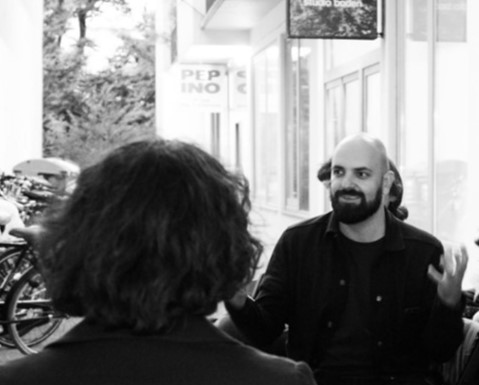
Philipp Sattler (1990, Austria) is a researcher, artist, architect, and educator with a background in Architecture, Economics, as well as English and American Studies. He is an Assistant Professor at IZK - Institute for Contemporary Art, Faculty of Architecture, Graz University of Technology, and PhD student at the Royal College of Art (RCA), School of Architecture, London. He is a founding member of Das Gesellschaftliche Ding, who operated and curated the exhibiting space Annenstrasse 53, in Graz, Austria.
His transdisciplinary work concerns the material and conceptual conditions, spatial manifestations, and ecological devastations of agriculture, mining, and property and the relationships between the rural and the urban. He currently works on environmental and architectural histories of violence along the Austrian-Slovenian border. In his practice, he experiments with installation, lecture performance, and film and mixed-media formats.
Philipp Sattler works between London and Graz and lives in the Austrian countryside.

Rojda Tuğrul is an interdisciplinary artist and researcher whose practice concerns the notion of identity in relation to space and time. Her Ph.D. research project seeks to analyse the effects of war on ecological and cultural heritage within the socio-political framework of Kurdish territories. Her work is rooted in the ongoing conflict between the Turkish state and the PKK (Kurdistan Worker’s Party), analysing its substantial influence on ecological habitats. While examining the transformation and deterioration of habitat as a trace of change in society's culture and collective psyche, her work also explores the politics of art, the autonomy of artistic representations, and the power of images. Rojda holds an MSc in Veterinary Studies, and she graduated from Mardin Artuklu University with an MFA.
Event Documentation
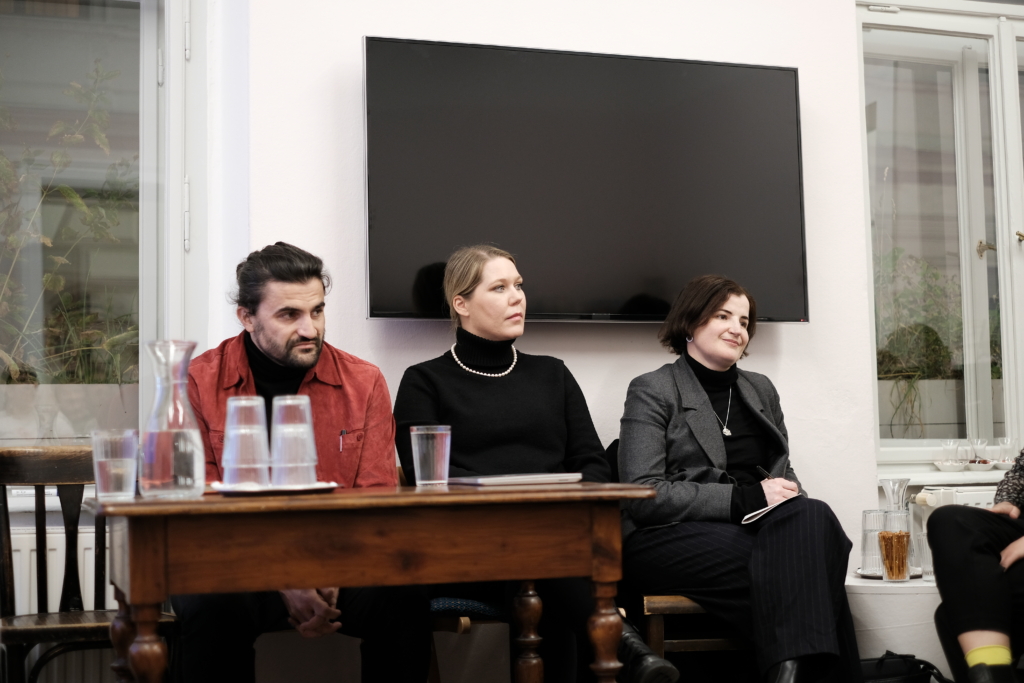
Amel Bešlagić, Hannah Proctor, Nina Krajnik
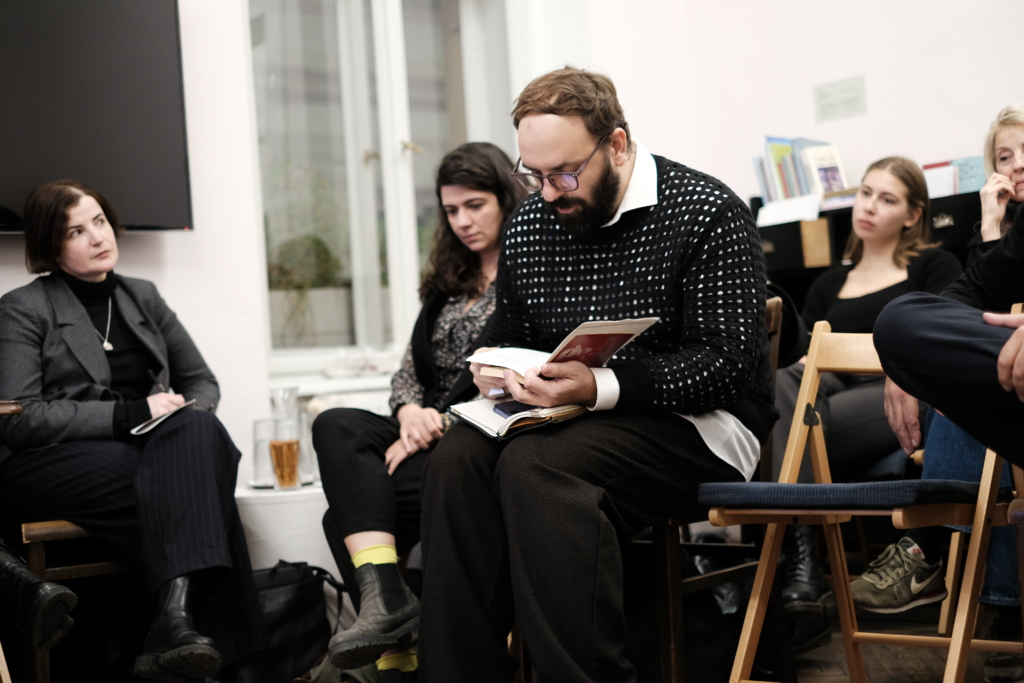
Philipp Sattler
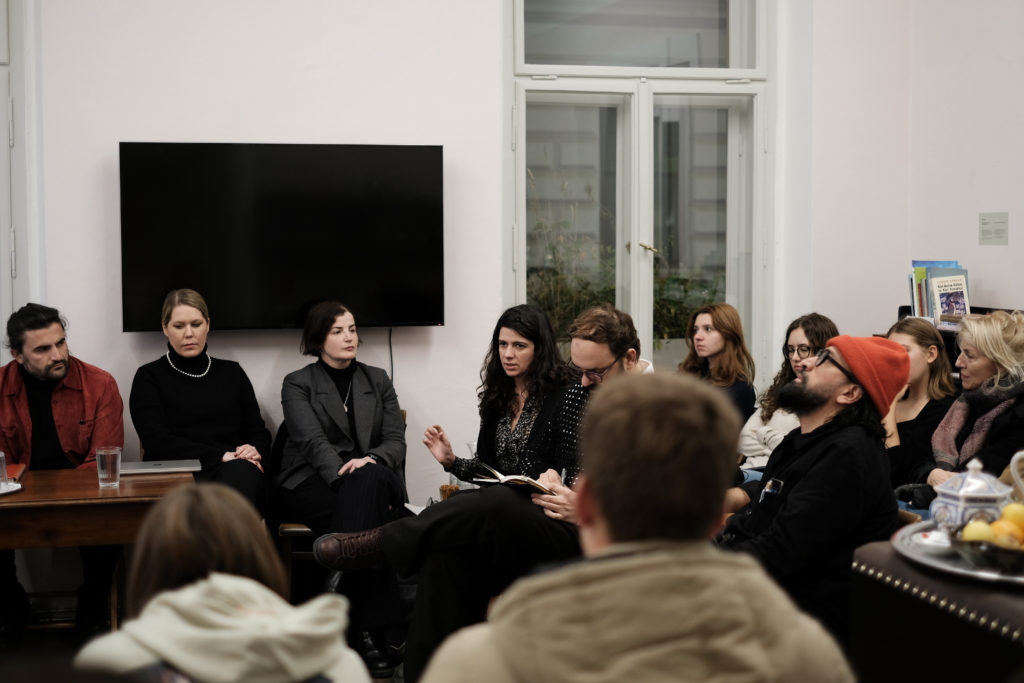
Rojda Tuğrul
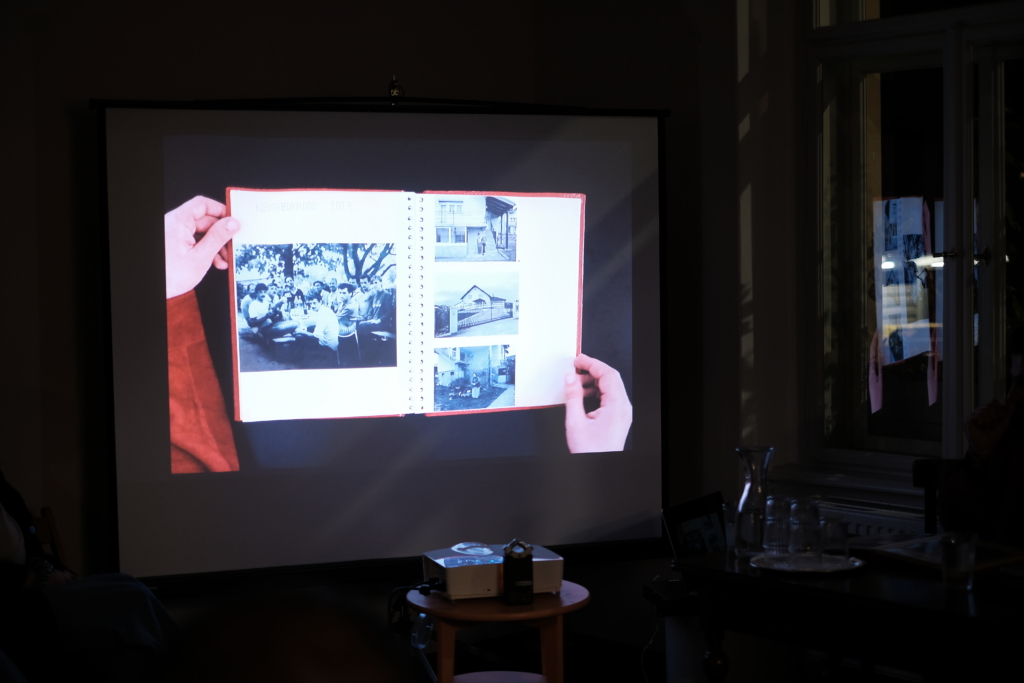
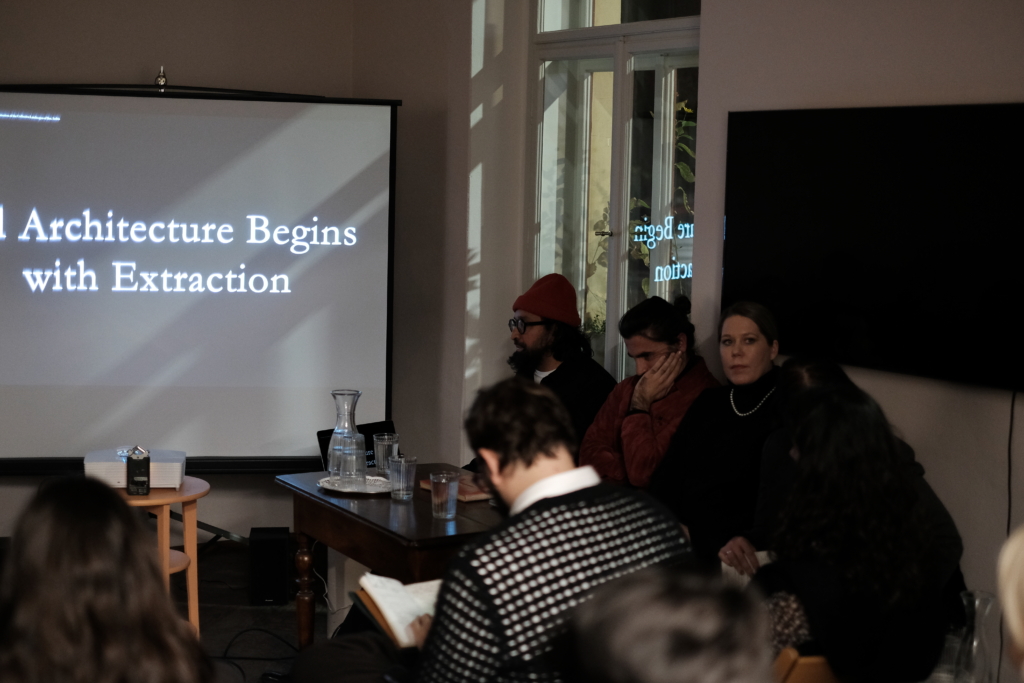
Mitesh Dixit
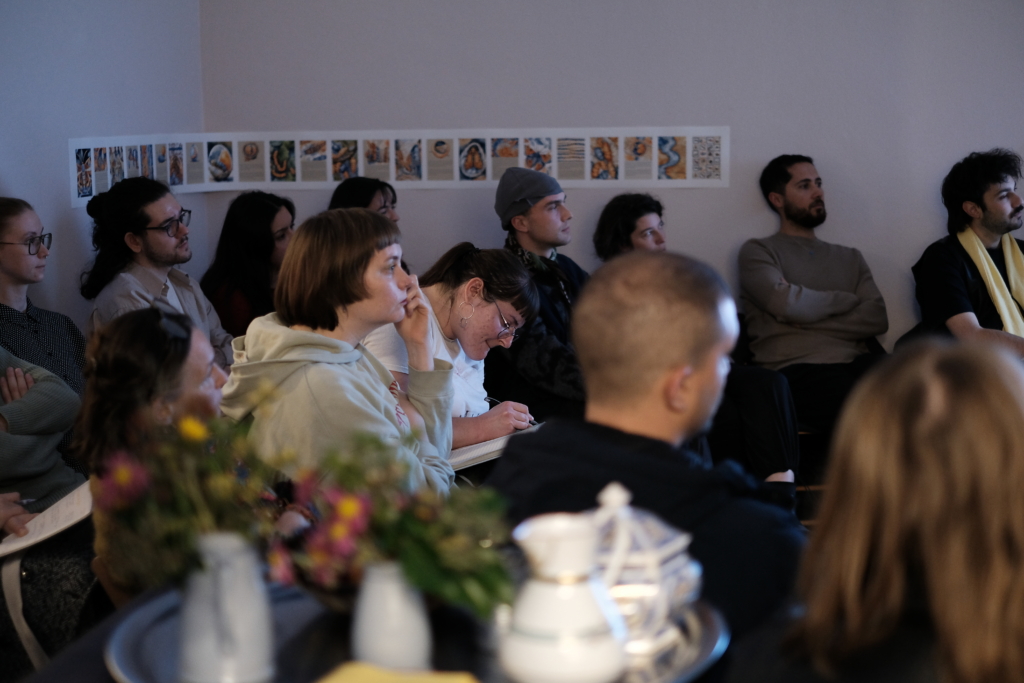
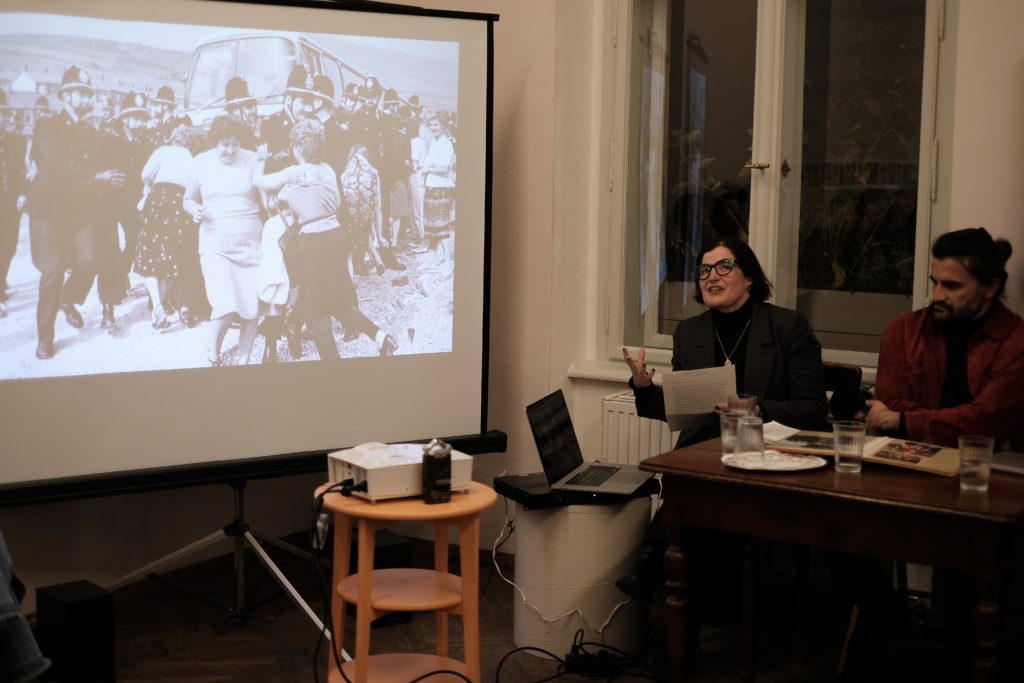
Hannah Proctor
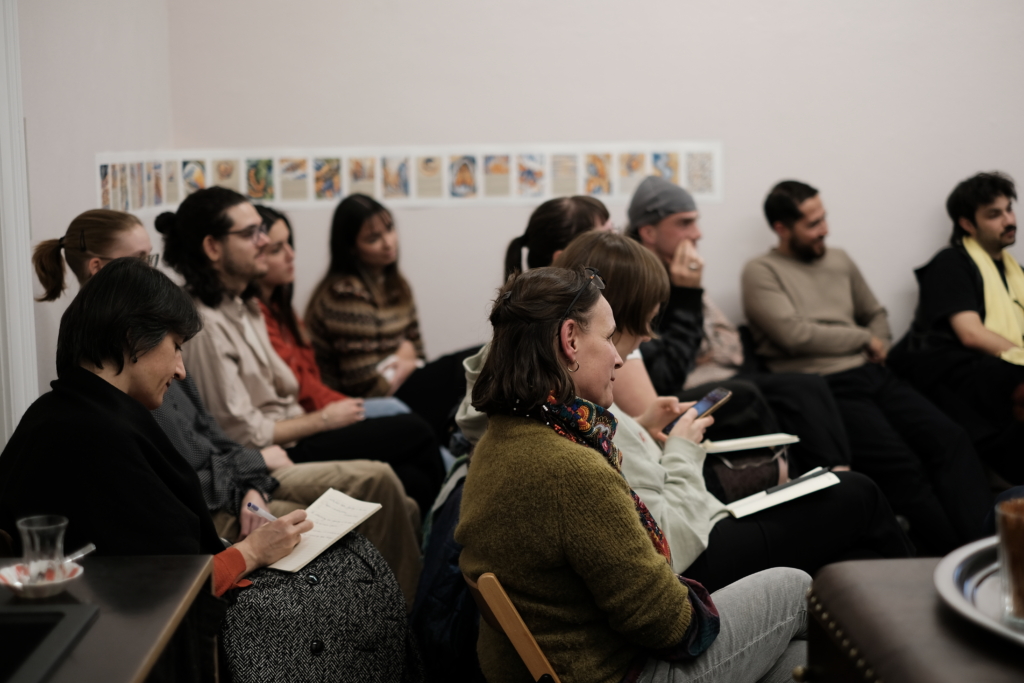
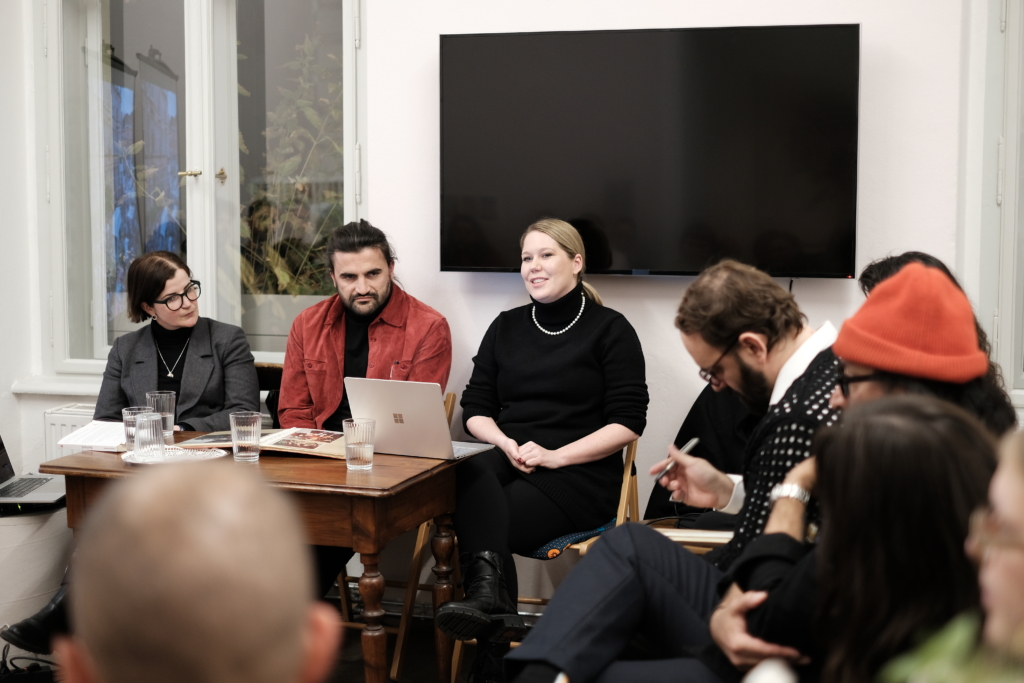
Nina Krajnik